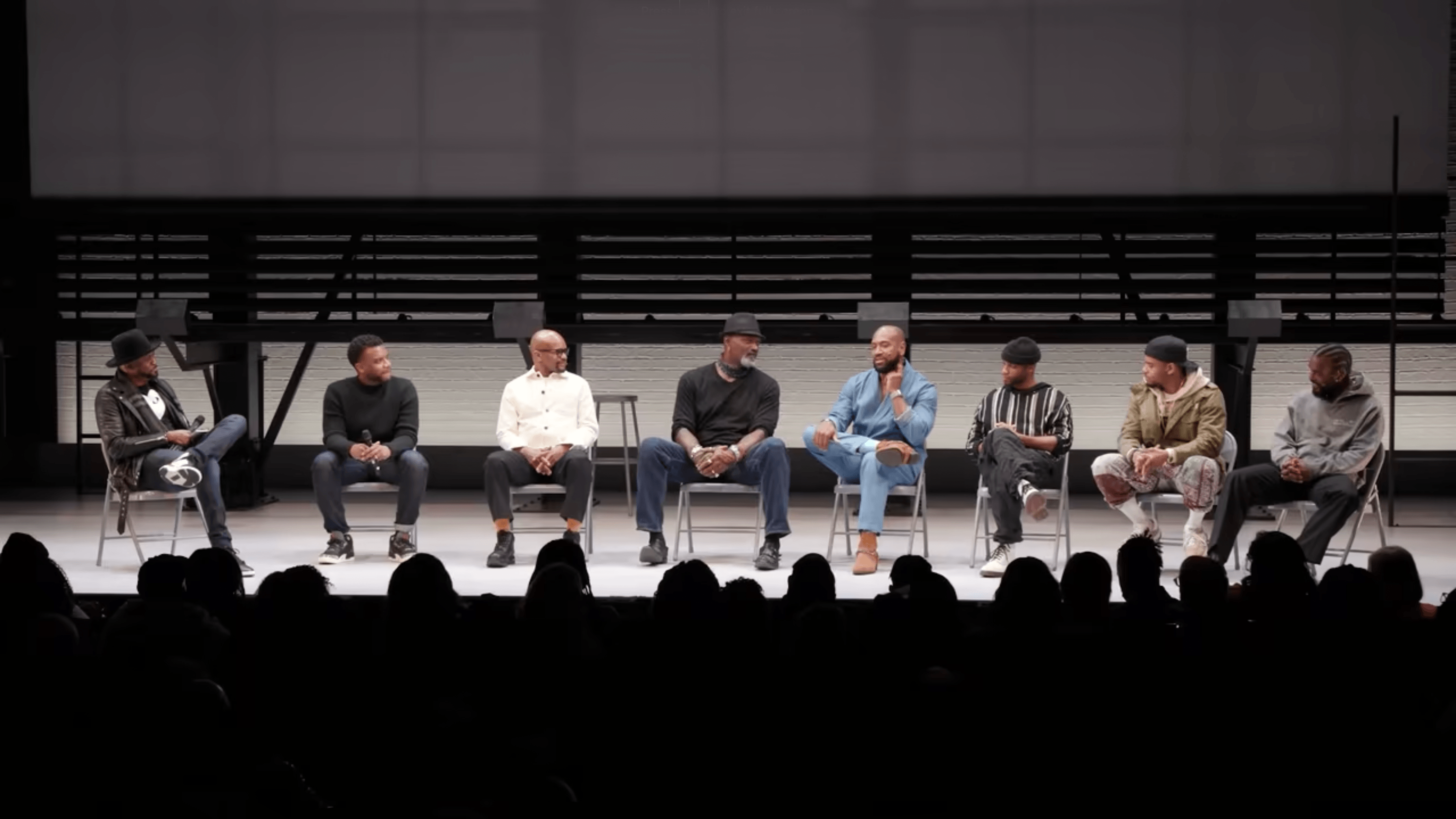
Before Scott ends his unceasingly cogent insights on the society-changing George-Floyd-Breonna-Taylor-et-distressing-al aftermath, he unleashes a sudden shocker that won’t be detailed here. Happiness suggests that money hasn’t changed him but that “money changes the people around you.”Īnd on it accurately goes. (Scott misses little.) The wise barber wisely reports that a man’s reputation precedes him into any room. The legitimacy of LeBron James and Kobe Bryant is mooted. The lustful fellow takes about the contrast between dating Black women and white women. A poetic fellow serenades the sky with his words. Elsewhere, a father, whose wife lost their first child, welcomes a son. That segment alone demonstrates the spectrum along which Scott travels with determined aplomb. What he learns is that his privileged upper-middle-class life is sweet, whereas the supermarket fellow’s depressed frame of mind has to do with having received an MIT scholarship he turned down to care for his ailing mother. Happiness is just there to pick up a few items but wants to learn why he and the supermarket man, who’s pushing a cart through apparently messy aisle nine, dislikes him. Those differences are powerfully underlined in a sketch where neighborhood neophyte Happiness encounters supermarket worker Depression, whom he earlier met at Joe’s. Wassup is Scott tirelessly stressing the difference between man and man and…. And if any of the fellows uttered the often heard “Wassup?” I must have missed it. Yes, many of the seven characters speak in what used to be termed Ebonics. Unsurprisingly, The Yelp mention gets an audience guffaw as well as illustrates that Scott is strictly commenting on today’s Black men, each of whom, he wants to confirm, is his own man and not part of an easily dismissed aggregate. Asked how he came to Joe’s, Happiness replies he read a recommendation in Yelp. He’s challenged when a newcomer to the gentrifying neighborhood drops in-Happiness, an out gay man not immediately taken to the bosoms of the other five regulars present. Joe sees it as his duty to assure that no one is dissed in the long-surviving business over which he presides. He’s the proprietor of Joe’s Barber Shop, a Brooklyn establishment and hang-out started by the now deceased Joe. (N.B.: The following might register as spoilers for ticket buyers.) The two I got were easy, certainly Wisdom, who dominates the longest sketch. I rightly sussed out Happiness and Wisdom.
#Cast of thoughts of a colored man series
That’s as the group interacts through a series of sketches and monologs.

And more of the fun-although fun only covers part of his purpose-is to prompt patrons into a game of matching each man with his dominating emotion. What’s clear is that he wants each of the men to stand in for the range of emotions his characters feel. The men sharing their thoughts are: Love (Dyllón Burnside), Happiness (Bryan Terrell Clark), Wisdom (Esau Pritchett), Lust (Da’Vinci), Passion (Luke James), Depression (Forrest McLendon), and, last but hardly least, Anger (Tristan Mack Wilds).ĭoes Scott intend the septet to represent his spin on the seven deadly sins? No saying for sure, but maybe that’s part of the fun he’s having. They’re identified in the Playbill by their most prominent emotions, another notable Scott notion eventually acknowledged before the lights fade.

These men-six in a line, one on a low runway behind the others-have no common names. (Sven Ortel is the projections designer.) The point is that Scott is using “colored” to resonate with woke patrons at a time of widespread gentrification. Nevertheless, as the audience enters, the provocative word is seen projected on an upstage screen. Note that “colored” is a word not usually considered politically correct nowadays. Something more like Thoughts of Colored Men would be closer to heralding the play’s immense power. Perhaps the second comment-not meant as a criticism-is that Scott’s title is misleading. Perhaps the first praiseworthy statement to make about Keenan Scott II’s Thoughts of a Colored Man is that in the nearly two hours it unfolds not a single word spoken fails to carry the ring of absolute truth. Forrest McClendon (center) in Thoughts of a Colored Man.


 0 kommentar(er)
0 kommentar(er)
